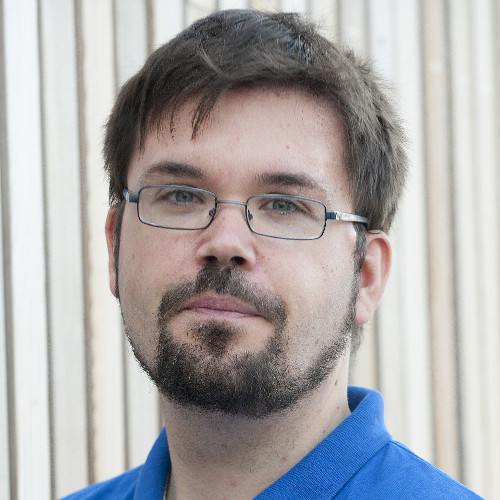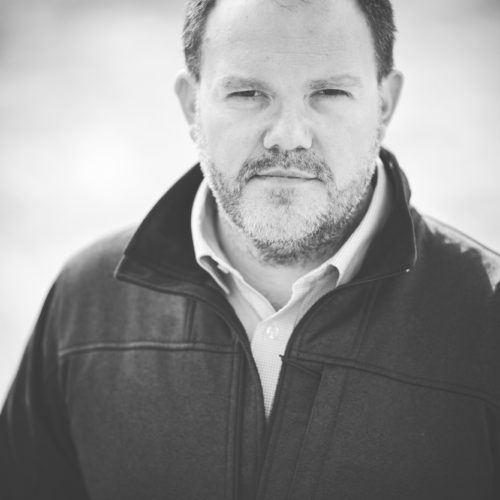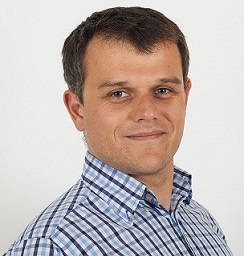Requirements Engineering in infrastructure projects
Requirements Engineering in infrastructure projects
Project status
Ongoing
Project Manager
Category/Area
English news
In this continuing collaboration with the Swedish Transport Administration (Trafikverket), we have the goal of improving requirements management in large, long lasting infrastructure projects. The research is driven by Dr. Michael Unterkalmsteiner and Prof. Dr. Tony Gorschek (ERSAK and KREDA). ERSAK aims at developing and streamlining regulatory frameworks, regulatory requirements and project requirements, through improved specification, analysis, and communication, with the goal of improving both efficiency and effectiveness in projects through improved requirements management. KREDA develops tools for systematic requirements management and requirements databases, to achieve more efficient requirements management and take advantage of the new opportunities that arise from Trafikverkets work to digitize their business. DCAT analyses the requirements communication between clients and suppliers in infrastructure projects, evaluates the potential of classification systems for trace link generation, and develops tool support for automatically establishing such trace links between requirements, stated by the client, and digital assets, delivered by the supplier. Project deliverables.
ERSAK (2015-2017)
Laws, regulations, standards and internal requirements govern much of Trafikverket’s work on design, new construction, maintenance, infrastructure development and the systems that support that work. The purpose of these governing documents / processes is, among other things, to have a standardized and well supported common target for efficiency, performance, security, functionality and cost-effectiveness of the targeted solution. Requirements management is tuned and refined towards specifying WHAT a project should achieve, not HOW that goal should be achieved. Prof. Dr. Tony Gorschek and Dr. Michael Unterkalmsteiner is part of BTH’s research team, together with an expert panel who advises and quality assures the work.
KREDA (2017-2019)
The purpose of the project is to demonstrate how digitization in the construction industry can be used to achieve an improved and partially automated follow-up of regulatory requirements and object-specific requirements. The digitization in the construction sector is relatively slow compared with many other sectors, but in the long term, it offers the opportunity to change working methods and processes. Through its digitization strategy and the goal to utilize requirements engineering as a central process in the planning, design and implementation of infrastructure project, the Swedish Transport Administration (Trafikverket) has an increased focus on information management. In KREDA, Dr. Michael Unterkalmsteiner investigates processes and tools that support systematic requirements management and the consolidation of separate information silos, allowing diverse stakeholders (requirements analysts, designers, external consultants, suppliers, maintenance) to satisfy their information needs in an efficient and effective manner.
DCAT (2020-2022)
Infrastructure projects have been, and still are to a large extent, controlled and driven by a comprehensive set of rules and regulations that are strongly focused on detailing the implementation of a facility.
However, this approach to specify a facilities’ requirements is changing since Trafikverket is moving from a design and build role towards an ordering organisation. A central enabler for this paradigm change is the efficient and effective exchange of information between the ordering and executing partners throughout the lifecycle of a project. The aim of this project is to design methods for the exchange of digital information and to streamline the communication between different stakeholders throughout the life cycle of an infrastructure project, realized by the following objectives:
O1. Study existing work processes related to requirements management that involve varying stakeholders during the life-cycle of a project.
O2. Identify opportunities for the automation of verification activities, develop techniques to reduce manual work, and integrate them in established work processes.
O3. Demonstrate the practical application of the adapted processes and designed methods.
The research is performed by Dr. Michael Unterkalmsteiner and Waleed Abdeen, who is also supervised by Dr. Krzysztof Wnuk, and in collaboration with HochTief Vicon, a leading international consulting company for Building Information Modeling (BIM) and Digital Engineering.
Facts
Duration
2020-2022
Budget
5.8 Mkr
Contact Person
Participants

Michael Unterkalmsteiner
Senior lecturer/Associate professor

Tony Gorschek
Professor

Krzysztof Wnuk
Professor/Prodekan
Waleed Abdeen
Doctoral student